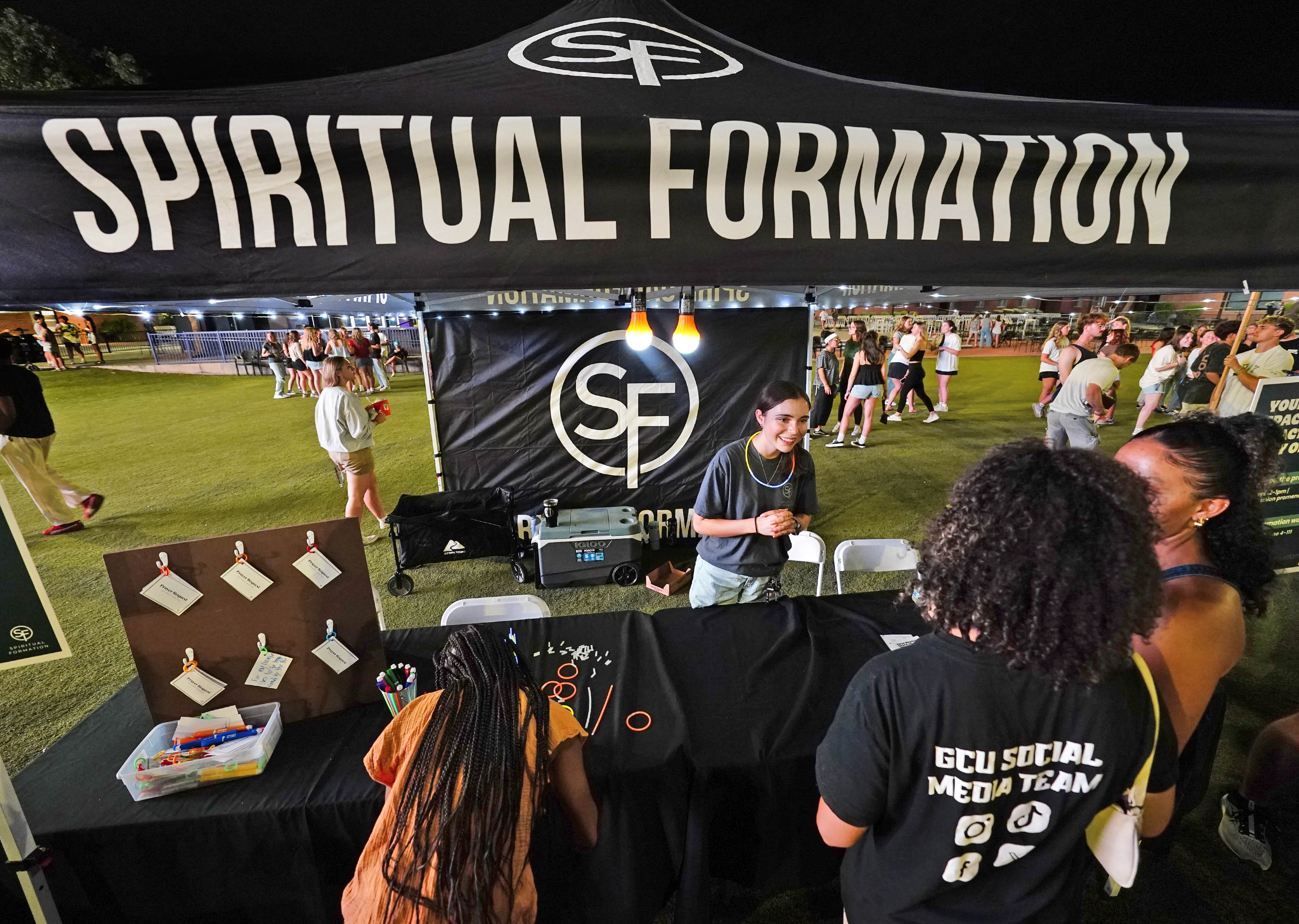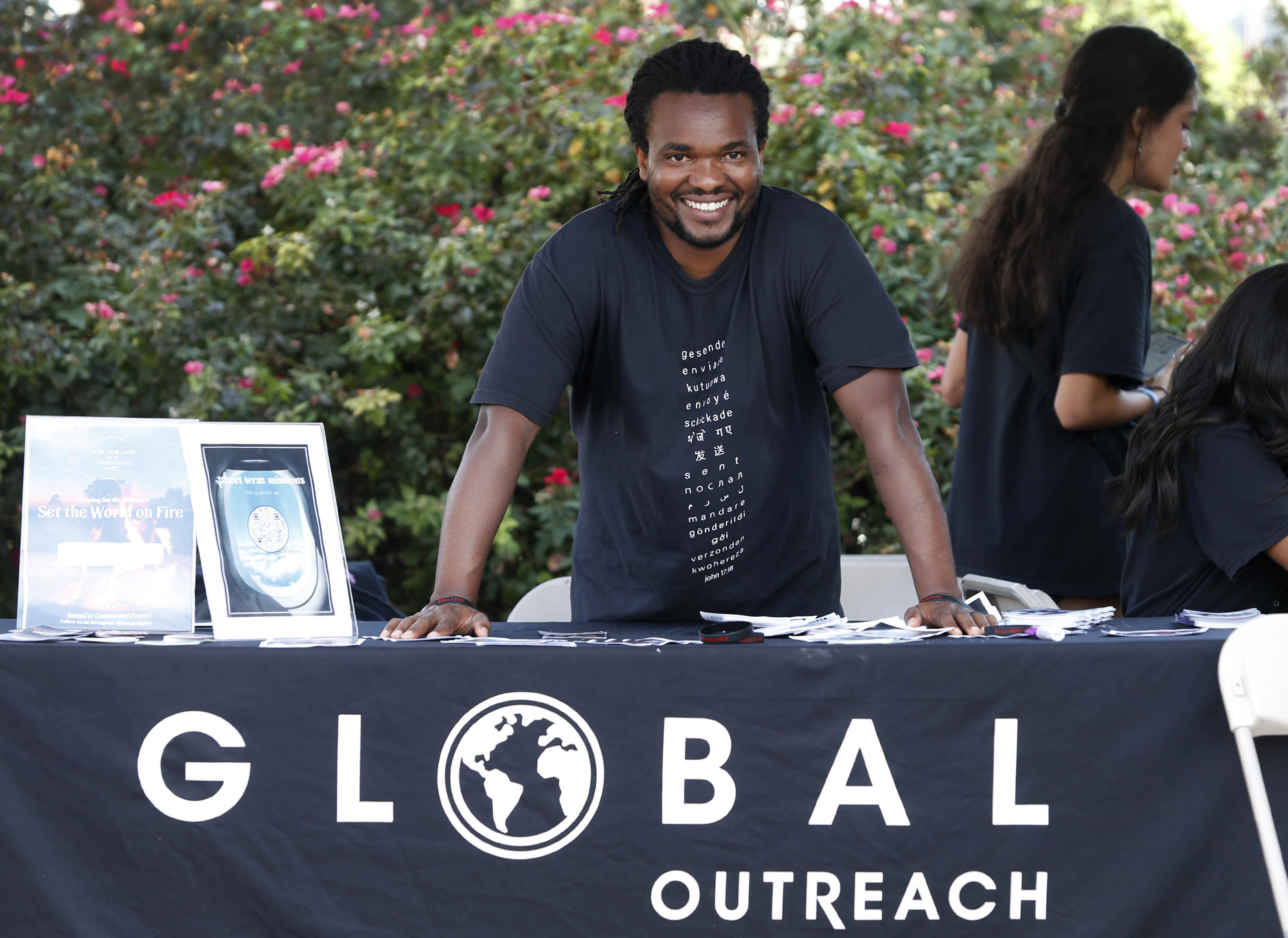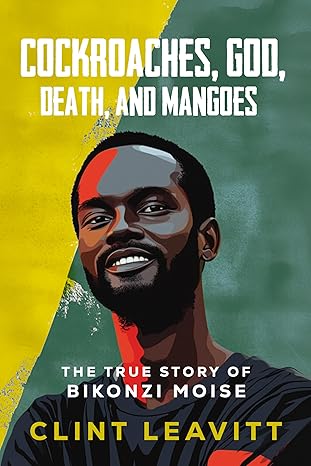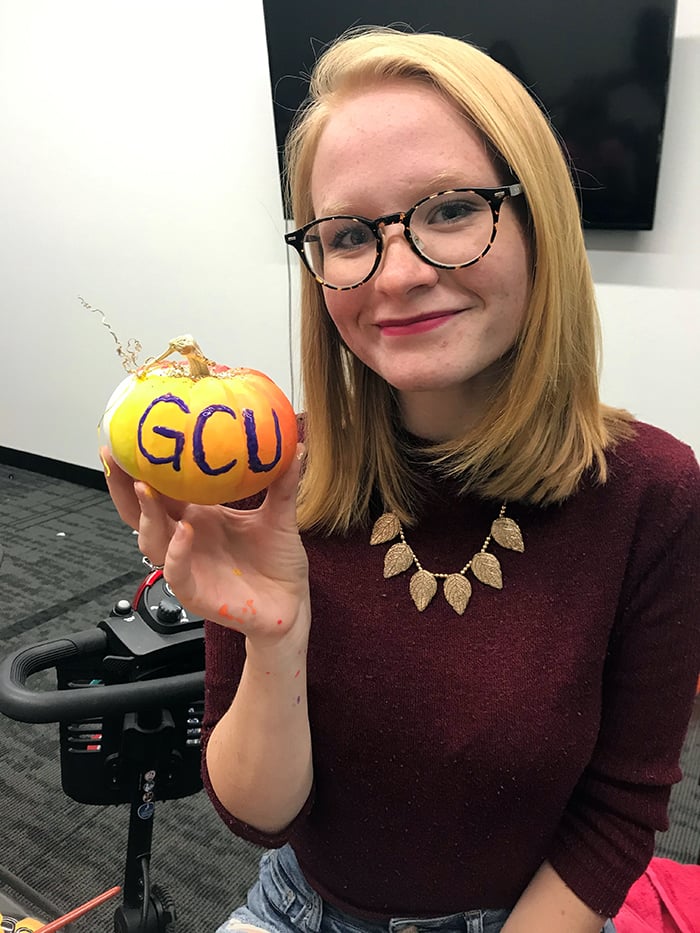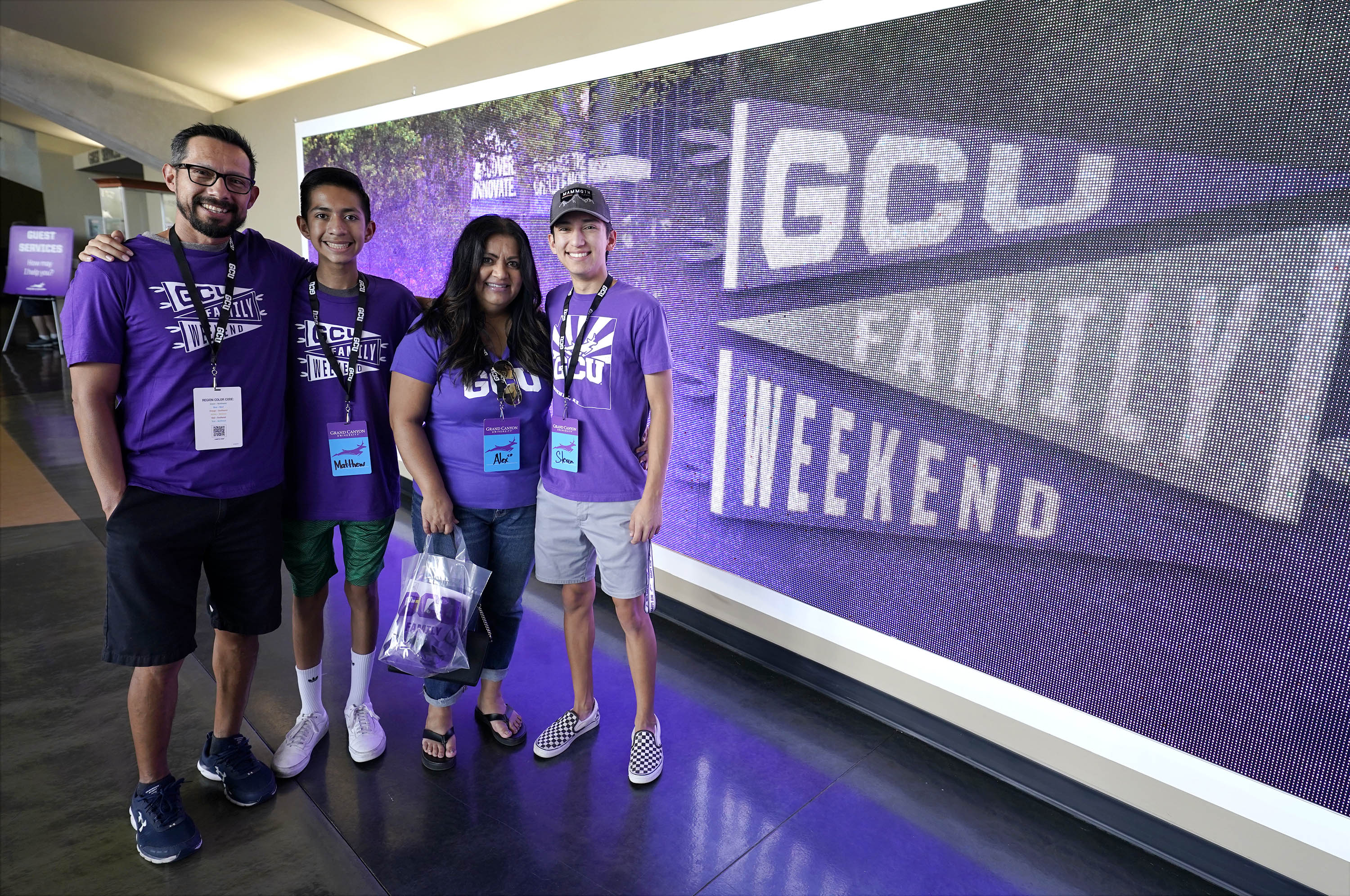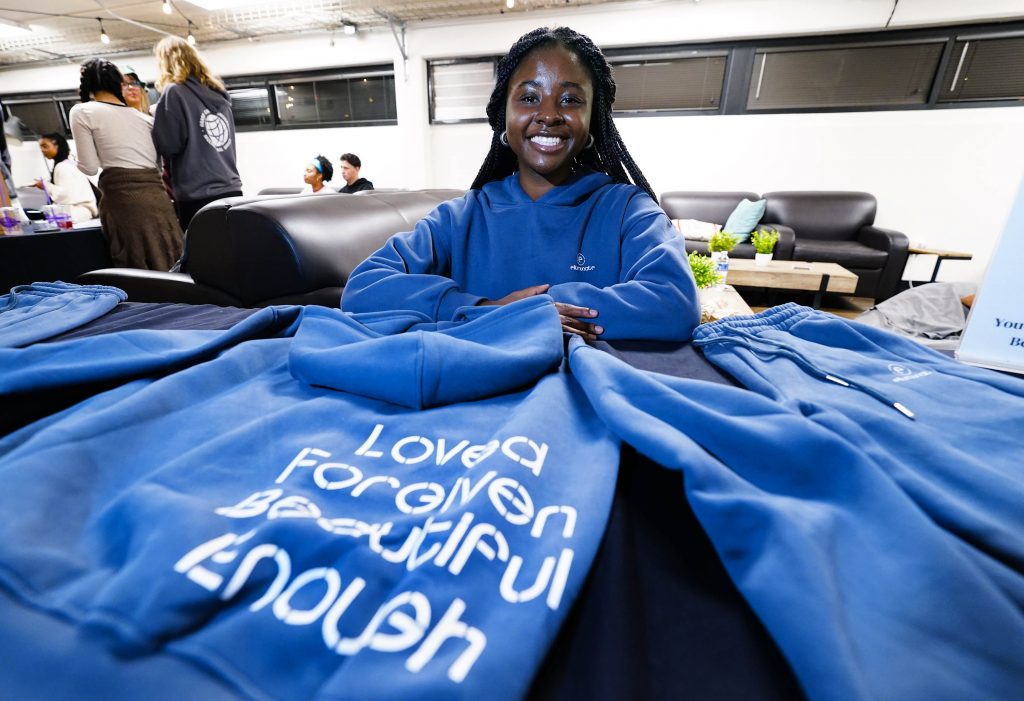
Photos by Ralph Freso / Slideshow
A celebration of Black History Month by the Multicultural Office at Grand Canyon University on Thursday night was a time for 157 people to eat, shop at black-owned student businesses, learn about clubs, listen to music and socialize in the Commuter Lounge.
But it was also an opportunity for students to reflect on Black culture and history, their own roots and the meaning behind the month.
Elijah Hawkins, an environmental science major, made a history brochure for the event. He said it’s typical for people to think of Black history as only part of the Southeastern U.S. but not as much the Southwest.
“It’s part of the settling of Arizona as a state with the buffalo soldiers who came through and helped the U.S. Army to ensure that everyone was safe,” he said. His brochure spotlights the soldiers who were former slaves and fought in the Civil War. They were so named by Native Americans in the Southwest for having the heart of a buffalo.
Why Black History Month is important to Hawkins: “I remind myself of the sacrifices it took to let me live out my dreams. It was not an easy road for anyone who came before me, including my own family. So honoring and respecting that and giving gratitude for the people who came before me and continuing to honor them by doing the best I can.”
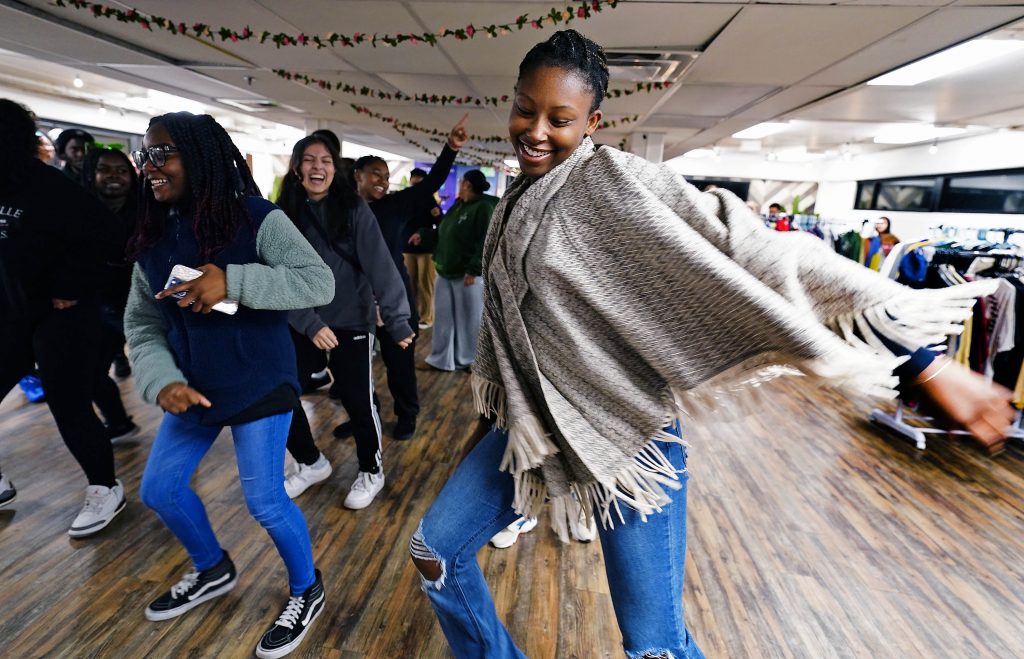
Lela Lewis, a design major, was selling her sweatpants and sweatshirts from her business, Ellumunate. Its mission is to “inspire women to shine anytime, anywhere”
“We believe in four words – love, forgiven, beautiful, enough – and designed it to put them on each,” she said. “Jesus died on the cross for your sins, so enough means that because you are chosen by Jesus Christ, you don’t have to do anything extra, you are already worthy of His love. Forgiven is also because He died on the cross and forgave us.
“I think a lot of girls struggle with identity. I just want to be able to tell them that no matter how you look or how you feel, because Jesus chose us, you are more than you need, you don’t have to do anything extra to become who you are. Your identity is through Him.”
What Black History Month means to Lewis: “Obviously, I’m Black, but it’s also for others to be educated on the culture and the importance of it. I’m named after my great-grandmother. I look at Black history as a way to be grateful to God for bringing us out of slavery.
“I look at it as a time to be grateful rather than a time to be upset or pointing fingers. It happened. It was unfortunate. That is sin. I’m happy to be able to be free in this country now and do the best I can and make a name for myself. America gives us those opportunities. Before I am Black or any ethnicity, I am God’s child. That is what I try to look at most. We are supposed to love everybody. I think that’s what it is about – to educate and be grateful. We are here now.”
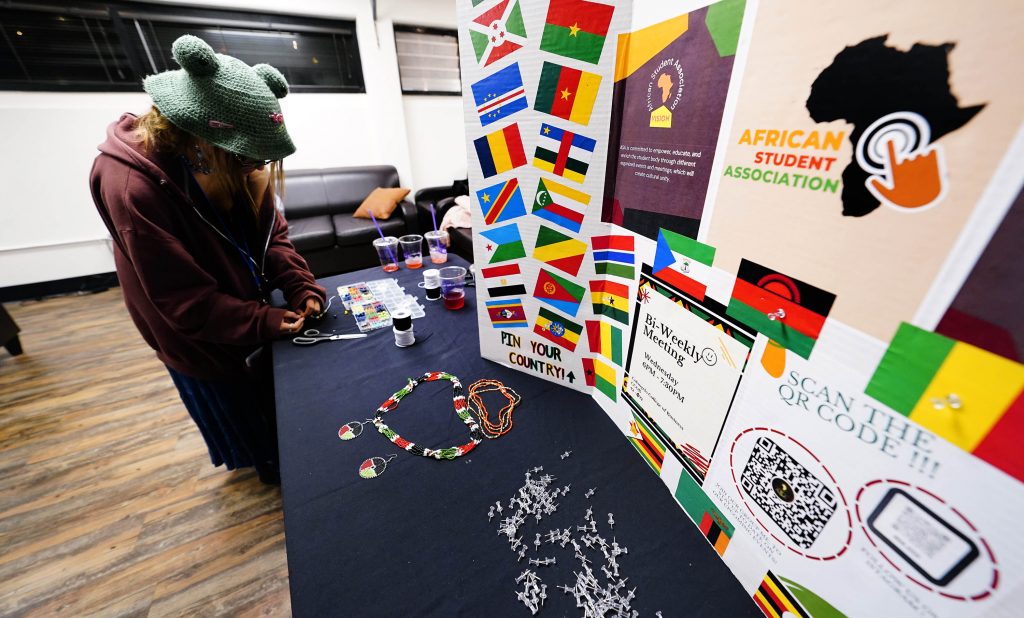
Diana Kirwa, a business management major at the African Student Association table, said the club educates students on different cultures represented on campus in weekly meetings, where games and food of a different country every week are shared.
What Black History Month means to Kirwa: “I grew up in Kenya, but coming here and seeing this country and, from my understanding, having a month to learn what actually happened in the past and how we heal from that and how the country heals from that I think is important. Not everyone has somebody Black to celebrate it with. It’s also celebrating your neighbor, the friend next to you.”
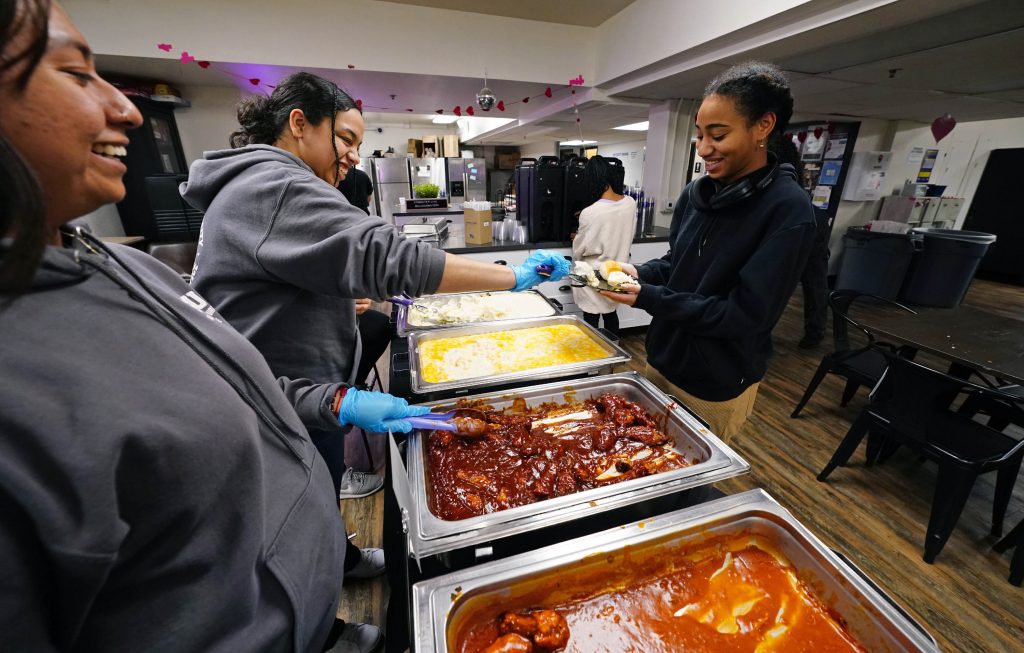
Lizbeth Oliva, a student coordinator in the Multicultural Office, researched and wrote the table-top poster describing the importance to the culture of soul food, which was served on Thursday: greens, wings, potatoes, and macaroni and cheese.
“What I got from it is they had to eat the food that was available to them. They made what they could with food, and it changes throughout the years,” said Oliva, who is Latina. “There were things they couldn’t afford, so they had to do what they could do with food. I wrote, ‘Soul food is a testament to the resilience of the African-American community.’”
What Black History Month means to Oliva: “As a woman of color, I think is very important. It just shows the resilience that is in our community. I’m proud that they can celebrate their culture.”
Joseph Ashton, an exercise science major, said he attended the event “to represent my culture.”
What Black History Month means to Ashton: “It shows how we evolved around the world and how,” he said, pausing, “it’s a lot, it’s lot – but how Black people went through a lot of things.
“And how we changed the world.”
Grand Canyon University senior writer Mike Kilen can be reached at mike.kilen@gcu.edu
***
Related content:
GCU News: Students step up the sense of community at Unity Walk
GCU News: Culture Fest transports students to a world not so far away


